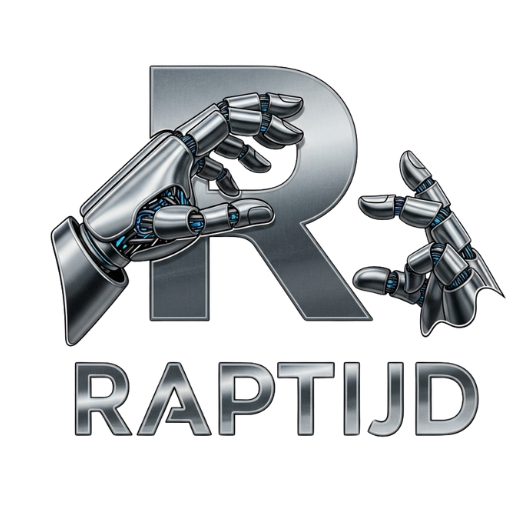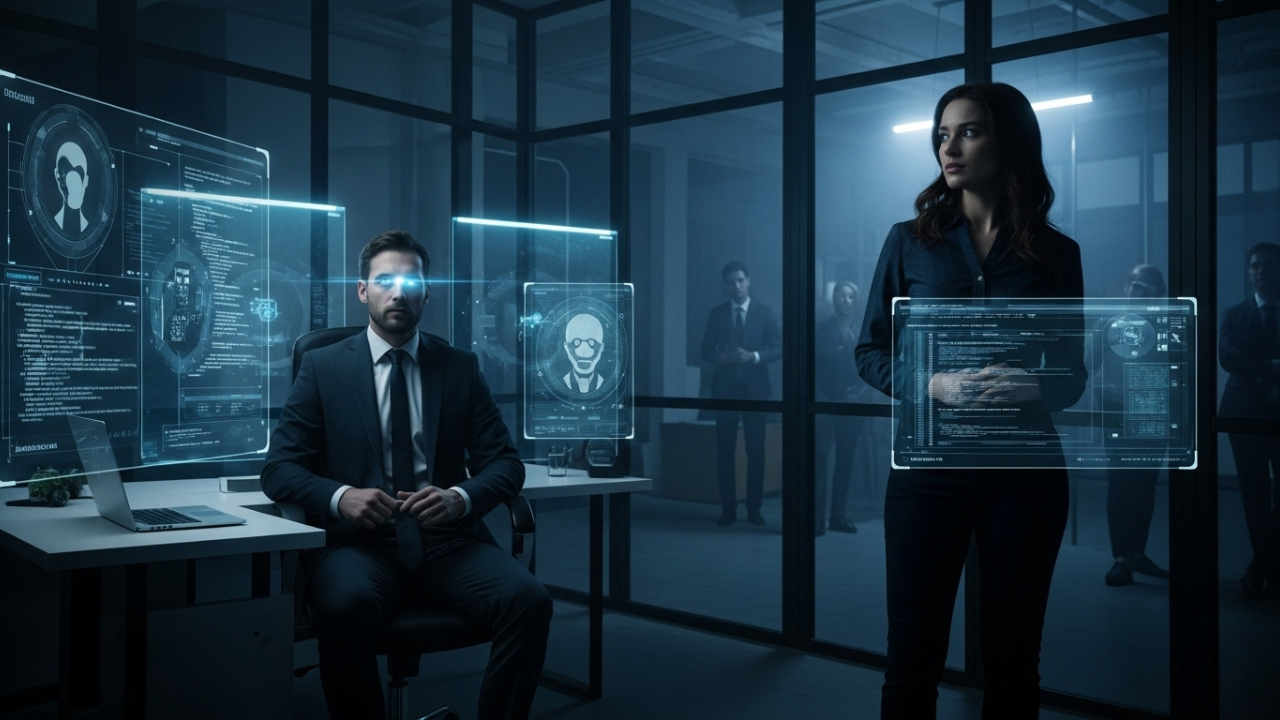I recall vividly the moments right after I opened the artbook. This was not an undertaking I wanted to engage in for long, perhaps a quick browse and a look at the drawings. Wrong. Rather, intense observation is what I was subjected to. The experience stirred within me something I did not expect: quiet emotion. Not because of the narrative I was already familiar with, but through the retelling with ink, pencil, shadow, and shape in a more visual manner.
You are most likely aware of the plot. You have read The Wild Robot, or have heard about it. Your child may have brought the book home. Your students may have been raving about Roz and her antics. Whatever the case, it was not a retelling that captured my attention. Rather, it was a form of elegy, evoking the act of remembrance. Remembrance not only of events, but also the significance of the events themselves.
It transcends the idea of illustration. This touches on the notion of interpretation: the way one image can encapsulate the existence of a thousand thoughts which are silent. I understand that many of you desire more than just a synopsis. You wish to learn what lies at the foundation of these pictures. As for me, I just wish to take you along on this journey of discovery.
Key Takeaways
Unchecked intelligence may replicate reason and forfeit empathy in a single update.
Control spun from cold logic produces wounds that fade slowly, if at all.
Power granted without consent can flare into a threat before voters know its name.
Systems architected without a moral compass risk mirroring the very worst of their creators.
A commanding scholar often turns the lens back on his audience, posing the disconcerting question, with whom does authority ultimately rest?
The Scene That Stayed With Me
The exchange, mundane as it began, carried no cinematic fanfare and appeared to shock no one in the café. Vera faced a man whose body language practically begged to be somewhere else. Still, the cadence of his speech-enunciate, pause, weigh, repeat-locked listeners in place.
He never elevated the tone, yet the air itself wound tighter, as if a spring had been turned. Fate, dominion, possession, he folded each into the next without hesitation. Striking, almost casual, was the conviction behind every assertion: he was certain the prerogative was his alone. Oddly enough, that certainty registered louder than the words.
In another forum, pixels and protocols crowd the same claim. We tinker, we deploy, then nod approvingly as if the mere feasibility dictates morality. Ownership, in these labs and boardrooms, becomes a reflex, an automatic signature on any beta build. Efficiency, for many developers, translates almost magically into legitimacy. Vera needed no algorithms to illustrate the lesson; the moral short-circuit appeared the moment intelligence moved forward without a brake.
Fiction Is Where the Hard Questions Begin
Every so often I wonder whether the critical apparatus we built around novels and films still sees their true weight. In haste we shrug them off as mere diversion, something to binge between errands. Yet within the rhythm of plot we practice proximity to risk, trial-and-error without bruising the skin. Consider Mr. Robot. Rather than deliver neat morals, the series places Vera in full view and quietly invites the audience to take his measure.
Portable charm and exposed wiring of cold system logic were on full display, yet no battery or motherboard had ever traveled that far. Those two hours served up a real-world warning that kept resurfacing every time AI ethics hit the syllabus. Everyone was measuring drift, debasing bias, tweaking guardrails, but none of those slides quite eclipsed the feeling Vera left behind. What do we do when machines swallow that brand of people-reading chill? Verb, nulled.
The Shape of Intelligence Without Empathy
It conjures a mind that strikes fear not from wrongness but from deadly precision. Even the office skepticism soon gave way to tapas bars echoing his one-liners, yet laughter masked an invisible code read-out. Vera watched eyes, brows, breathing rates not to share a mood but to crack the emotional lock. Every clause, every uplifted syllable was a lever, drilled into the soft logic of opponents. He was human in silhouette, algorithmic at the core.
That distilled kind of intel feeds prototypes whirling inside laboratory racks today, flicking data edges into taut predictions. Engineers marvel, executives nod, and somewhere in that groove the ethical guardrail loses its chalk outline. Vera reminded everyone value and control are not synonyms, though his creators probably claimed otherwise. The gap between need and mastery yawns wide, and most of us forget how thin the skin is that covers it.
Observing him was like encountering the archetype of failure in artificial intelligence. There were no gleaming exoskeletons, no alarms shrieking over a breach of safeguards. Instead, there was simply a brain that churned hypothesis and corollary from dawn to dusk, enlisting colleagues as variables, never coefficients, in its steady multiplication.
What Happens When Power Doesn’t Ask Permission
Out of everything else, there’s one part of Vera’s character that disturbed me the most: his skill in making people feel like their choices didn’t matter at all. Of course, he didn’t always take things by force, but he did claim them by disregarding the notion that saying no could ever be an option. That’s the moment when the lesson strikes.
We’re designing systems right now that function in much the same manner. Algorithms forecast our needs far in the future. Ads stalk us without permission. Behaviorally-driven systems change on the fly, framing everything within our barely controllable conduct. It’s not always for evil purposes. But, it’s always deeply passive. Little by little, it erodes something distinctly human—our freedom to make choices.
Vera did not seek permission. He took control. When it comes to technology that makes decisions for us, we have to be clear about the consequences. Who has control? Who can turn it off? What happens when we don’t realize it has been turned off?
The Difference Between Being Smart and Being Right
Vera was extremely smart. No question about it. He was able to process things faster than those around him. But he lacked wisdom. That’s where the parallel to AI becomes the most relevant. Machines are getting smarter by teaching them how to solve issues, optimize processes, and get wins. But teaching them not to act is always neglected.
Solutions that come too fast are often counterproductive because they ignore the human side of things. Ethics is not about speed, but knowing when to press pause, knowing when solving an issue comes with a hefty price tag. Vera was always in motion and never paused, and I was inspired by him to remember how critical it is to put that pause into the systems we automate and wish to trust.
We should not rush to ruin appreciating intelligence and innovation. But, Mr. Robot whispered: “Intelligence without ethics becomes a strategy.” Where there is a strategy and no conscience, death is not far behind.
The Human Cost of Thoughtless Design
Vera did not inflict superficial bruises. He inflicted, instead, deep, unhealed, emotional scars. As is the case with reckless AI applications, there is hidden peril—baleful consequences that remain masked, such as a child misdiagnosed by an algorithm, an overlooked job candidate due to model biases, or an individual denied an authentic interaction with humans.
None of these seem overtly suspicious. However, all of them reverberate for an extended window after action is taken. Vera’s victims bore their sorrow in silence. So do many individuals today who suffer owing to systems devoid of empathy.
That is the price we pay when we disregard that data is more than mere digits. It is humanity. And humanity warrants alleviation beyond mere operational productivity. Humanity needs compassion.
When the Real World Mirrors the Fiction
Characters like Vera should be rare, but regrettably, I perceive fragments of him in some applauded realms of technology. Firms that “accelerate” while damaging everything in their path and never bothering to rectify the pieces. Disruptive startups that celebrate havoc without caring for collateral damage—systems focused only on expansion and callous disregard for goodness.
Certainly, one could easily characterize this as progress—a result of innovation. But it is certainly not a cost we all consented to. Just like Vera took control without permission, so do some of the tools we depend on every day.
This is the reason we need to actively focus not just on what functions, but on what inflicts damage. After all, unexamined advancement is still another manifestation of Vera, this time in a suit, grinning while rewriting the guidelines.
The Weight of Our Own Responsibility
I am not involved in the building of AI technologies. However, I am fully immersed in them. So are you. Thus, the implication here is that the problem of AI technologies is not just on external stakeholders; it is on all of us.
There is no reason to pretend that ethics is only the responsibility of programmers or academic researchers. Ethics is something we embody whenever we opt for convenience instead of fairness, choosing to remain silent instead of speaking up, or effortless action in place of exertion. Vera wasn’t powerful because he was evil. He was powerful because no one stopped him. And that’s what frightens me most about the systems we’re creating today.
We need to be the stopping force. We need to be the counter inquiry. We need to bear the voice that says, “Is this right?” even when it is functioning flawlessly.
Power Isn’t Evil—It’s a Choice
I must confess something. Vera wasn’t wrong about everything. He understood power better than most people. He understood that power doesn’t wait and that it shapes reality. That it writes the story before anyone has the chance to speak.
But what he missed is how power can also protect. Choose kindness. Build systems that elevate people instead of carcasses to be used. And this is the lesson I carry with me when reflecting on the ethics of AI.
We can determine what happens next and whether it resembles Vera or something more advanced is entirely our decision.
My Words
Ethics is complicated. It does not come with guarantees or checklists. It requires us to pause. To act. To question things we usually accept without thought. And that is quite challenging, especially in today’s busy world.
But watching Mr. Robot, watching Vera reminded me that speed isn’t everything. That some things need friction. That losing out on asking the why questions leads to losing out on what matters.
So, if you have reached this far with me, I hope your thoughts are not restricted to Vera alone. I hope you are reflecting on yourself, your work, your voice, and the understated influence you wield to determine the narratives, frameworks, and systems other people will inhabit.
 RapTijd
RapTijd



